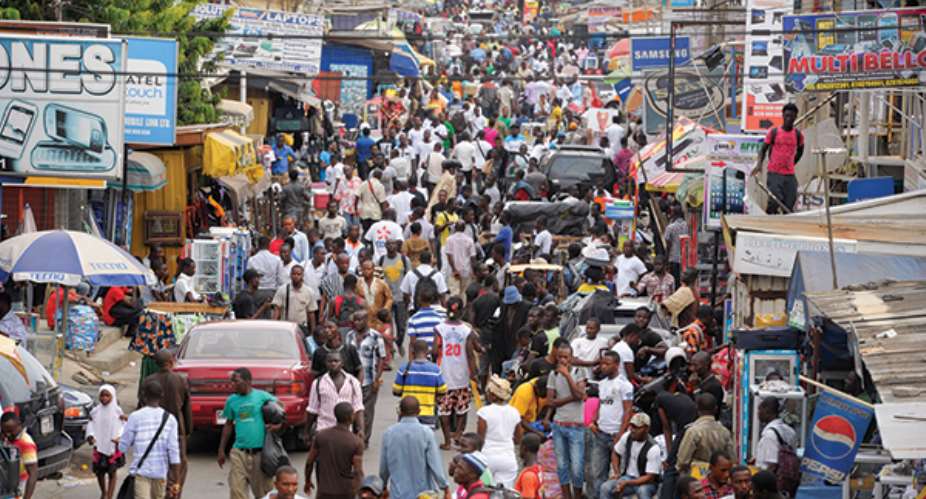About 80,000 persons within the Greater Accra Region have been classified poor and vulnerable.
This was announced by the Ghana National Household Registry of the Ministry of Gender, Children and Social Protection after engaging in a rapid data collection exercise.
The data was compiled during the lockdown imposed by the President, Nana Akufo-Addo, earlier in 2020 due to the Coronavirus pandemic.
The register of the poor and vulnerable in society is expected to aid in better targeting of beneficiaries who deserve social protection.
At a press conference organized in Accra, the National Coordinator of the Ghana National Household Registry, Dr. Prosper Laari, gave a breakdown of the total number of people sampled.
“At the end of the exercise, we have collected data on approximately 80,000 poor and vulnerable persons in the Greater Accra Region. Out of this figure, 62% of the vulnerable individuals are females with about 50% aged 18-39; about 20% aged 40-59, and 10% aged 60 plus, and the remaining under 18 years.”
“Over 60% of vulnerable individuals sleep in kiosks, containers, markets, uncompleted structures, on the streets, bus or lorry stations, chop bars or drinking spots, at the beaches, exposed to different forms of hazards. Only very few people sleep in compound houses, mostly in overcrowded rooms. 3% of the individuals live with a disability,” he stated.
Dr. Laari further touched on how the data will improve the success of social protection programmes in the future.
“The data is as good as its usage and so this is what we have profiled. We know that the World Food Program (WFP) is planning to target about 50,000 individuals, and they are going to use this data. As a ministry, there are several programs we have targeted toward the vulnerable and so you will want scientific data to be able to properly get to people that need those support,” he revealed.
The exercise was funded by the World Bank and Department for International Development (DFID) and covered bases like the levels of education, source of livelihood, disabilities and basic access of these vulnerable persons.
The exercise is currently being replicated in the North East, Savannah and Northern regions and is expected to be carried out in the Central and Volta regions by the end of the year.
— citinewsroom





 We’ll no longer tolerate your empty, unwarranted attacks – TUC blasts Prof Adei
We’ll no longer tolerate your empty, unwarranted attacks – TUC blasts Prof Adei
 Bawumia donates GHc200,000 to support Madina fire victims
Bawumia donates GHc200,000 to support Madina fire victims
 IMF to disburse US$360million third tranche to Ghana without creditors MoU
IMF to disburse US$360million third tranche to Ghana without creditors MoU
 Truck owner share insights into train collision incident
Truck owner share insights into train collision incident
 Paramount chief of Bassare Traditional Area passes on
Paramount chief of Bassare Traditional Area passes on
 Two teachers in court over alleged illegal possession of BECE papers
Two teachers in court over alleged illegal possession of BECE papers
 Sunyani: Victim allegedly shot by traditional warriors appeals for justice
Sunyani: Victim allegedly shot by traditional warriors appeals for justice
 2024 elections: We've no trust in judiciary; we'll ensure ballots are well secur...
2024 elections: We've no trust in judiciary; we'll ensure ballots are well secur...
 Performance tracker: Fire MCEs, DCEs who document Mahama's projects; they're not...
Performance tracker: Fire MCEs, DCEs who document Mahama's projects; they're not...
 Train crash: Railway ministry shares footage of incident
Train crash: Railway ministry shares footage of incident
